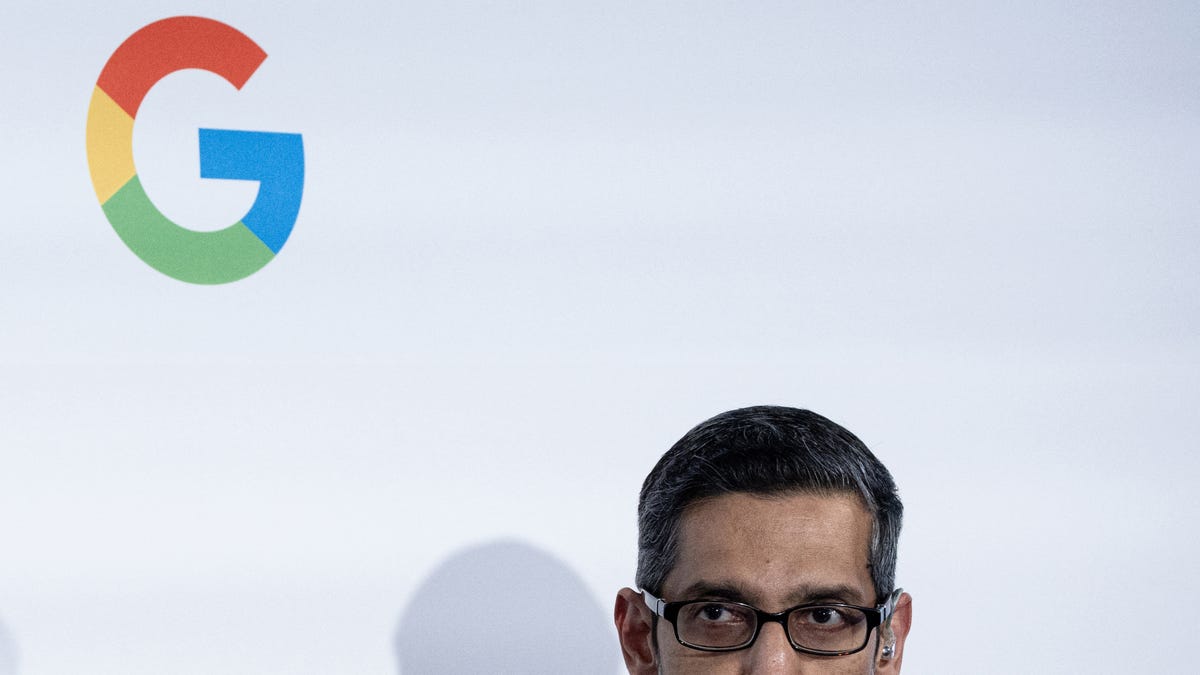Google Search is often called the gateway to the internet, where most people begin their quest for information online. However, Google keeps its methods for organizing the internet largely under wraps, turning Search into a mysterious black box that shapes our knowledge and understanding. Recently, a massive 2,500-page leak, initially brought to light by SEO expert Rand Fishkin, shed light on the inner workings of Google Search after 26 years of secrecy.
According to Fishkin, the leaked documents reveal a stark contrast between what Google claims publicly and what its search engine actually does. These documents offer a detailed look into how Google Search controls the information we see, with thousands of editorial decisions being made behind the scenes by a select group of individuals at Google. For the SEO industry, which relies heavily on Google’s algorithms, these leaked documents represent a seismic shift akin to suddenly changing the rules of a game midway through a championship match.
The leak reportedly includes a list of 14,000 ranking features that provide insight into how Google organizes content on the web. Some of these factors include a website’s authority on a topic, its size, and the number of clicks it receives. While Google has denied using some of these features in Search, the company has acknowledged the authenticity of the leaked documents, albeit with reservations about their completeness and accuracy.
Despite Google’s warnings against drawing conclusions based on incomplete or outdated information, the leaked documents have sparked widespread discussion within the SEO community. Experts have raised concerns about how Google’s ranking features could impact smaller websites, with some noting a trend towards favoring larger publishers in search results. Questions have also been raised about Google’s criteria for determining a webpage’s credibility on topics like elections and COVID-19, highlighting potential biases in the search algorithm.
As SEO professionals continue to dissect the leaked documents and speculate on their implications, Google remains tight-lipped about its ranking methods. Critics argue that Google’s reluctance to provide transparency on these issues undermines public trust and raises questions about the company’s commitment to delivering unbiased search results. In an age where search engines play a crucial role in shaping our access to information, the debate over Google’s algorithm and ranking features has far-reaching implications for how we navigate the digital landscape.

